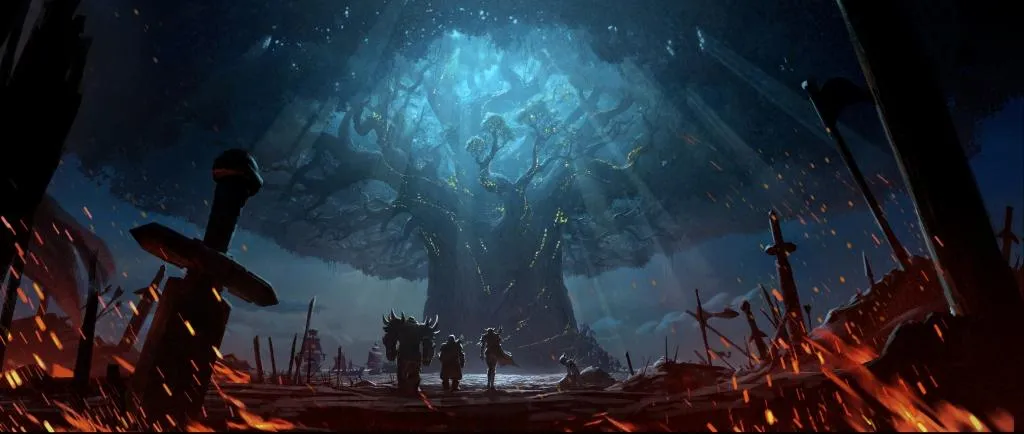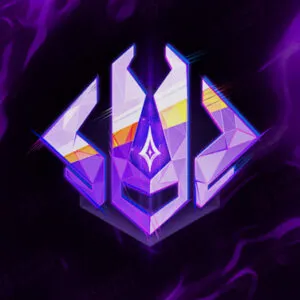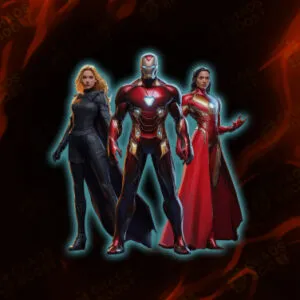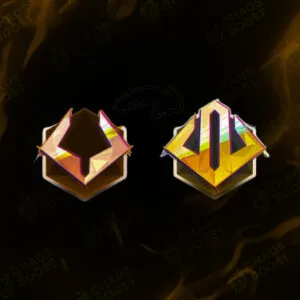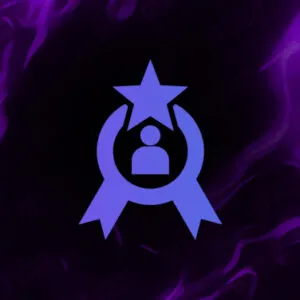Marvel Rivals Ranked: My Path Through Every Tier
I have sunk countless hours into Marvel Rivals. Ranked Mode always pulls me back in for more matches. My climb from the lower tiers to the top has given me enough experience to break down each tier. I’ve learned about mechanical skills, Hero synergy and how to navigate chaotic lobbies. Along the way I’ve gathered stats and found strategies to actual progress in Marvel Rivals.
Bronze and Silver: Foundational Battles
I remember my first Bronze matches in Marvel Rivals. The energy was frantic and opponents seemed unpredictable. Bronze has a large chunk of the overall player base—some estimates say around 40% of all ranked players. I found teammates in this tier often ignore objectives and I’m left to do everything. But focusing on personal growth and trying every Hero in the early stages helped me learn a lot.
| Bronze and Silver Insights | Key Observations |
|---|---|
| Largest player density | Approximately 40%+ of the player base |
| Frequent random compositions | Teams rarely coordinate roles or picks |
| Hero experimentation | Trying multiple Heroes refines game sense |
| Objective neglect | Often see players chasing kills instead of goals |
I believe Silver is similar to Bronze in several ways but with slightly more structure and better mechanical skill among certain players. In Silver, players typically start forming basic compositions, yet lock-in picks for damage roles remain a frequent event. My advice in these ranks revolves around staying alive, capitalizing on enemy mistakes, and avoiding excessive blame on teammates. That approach helps reduce confusion and guides the match toward victory through individual play.
Bronze and Silver are to build game sense. This tier is all about personal growth—trying out all Heroes, memorising health pack spots and learning the map layout. A small list of core ideas was key to my progress:
- Stay Mobile: Movement prevents easy kills.
- Try out Many Heroes: Knowledge = better counters.
- Manage Cooldowns: Using abilities at the right time flips the fight.
Through these lower tiers any player gets stronger by refining the fundamentals and avoiding negative mindset.
Gold and Platinum: Shifts in Strategy
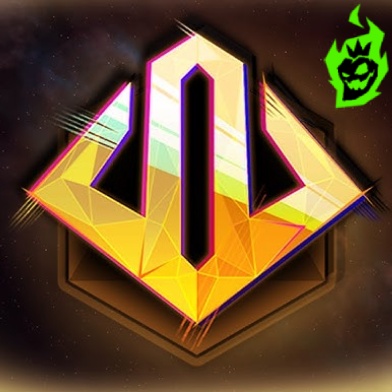
Gold felt like a different battlefield in Marvel Rivals. Opponents were more disciplined and synergy between picks mattered more. At one point I checked an unofficial statistic that showed the average Kill/Death ratio for Gold players was around 1.2, it was a more balanced environment. My approach changed from trying out every Hero to specialising in 2-3 per role. Mastery of a few characters in Gold meant consistent success.
| Gold and Platinum Focus | Data & Notes |
|---|---|
| Specialized Heroes | Focus on 2-3 picks per role |
| KD ratio range | Commonly around 1.2 to 1.5 in these tiers |
| Map familiarity | Familiarity with choke points is vital |
| Evolving synergy | Players start to adapt to synergy combos |
Platinum lobbies brought out a more aggressive playstyle and unfortunately more arguments. In my experience some Platinum players rely heavily on their mechanical skills—pinpoint aim and quick reflexes—but lack deeper knowledge like positioning or objective flow. Others have great game sense but lack the mechanical consistency to win fast paced duels. I often advise reviewing your match history through the replays feature. That will show you recurring mistakes like flanking at the wrong times or wasting ults in lost fights.
Gold and Platinum are a synergy between personal skill and team awareness. Locking down a stable hero pool for each role was a key factor for my progress. Here is a quick summary of tips that helped me in these tiers:
- Commit to a Role: Rotating roles every match causes skill stagnation.
- Track Enemy Cooldowns: Knowing enemy abilities leads to safe engagements.
- Use Voice or Chat: Simple communication helps teamwork.
Progress in Gold and Platinum is about reading fights, positioning and coordinating with your team. Those who adapt in these areas move up.
Diamond and Grand Master: Advanced Adaptations
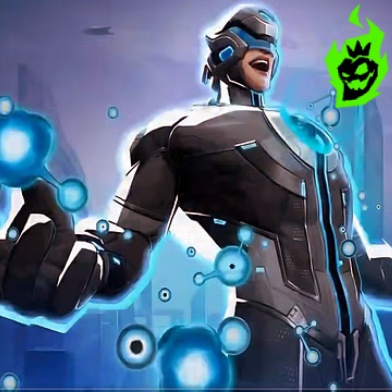
My first Diamond match changed my view of Marvel Rivals. Suddenly the ban system was active, removing certain overpowered or highly effective Heroes from the selection screen. This mechanic breaks up single-minded hero picks and punishes hero duplication. In one of my Diamond matches I had a 65% ban rate for Wolverine in those lobbies, showing how top tier threats get removed quickly.
| Diamond & Grand Master Factors | Impact in Matches |
|---|---|
| Ban system introduced | High-impact Heroes frequently removed (e.g., Wolverine) |
| Counterpicks crucial | Need at least 1-2 Heroes to handle meta threats |
| Smart synergy calls | Draft strategies revolve around neutralizing counters |
| Toxic teammate behavior | High egos and tensions lead to instalocks and arguments |
Grand Master takes it to another level. While Diamond players feel the pressure to adapt, Grand Master demands near perfect synergy and composure. I found my biggest obstacle was playing too carefully, resulting in fewer plays that swung matches in my favour. People who wait for teammates to initiate might miss big windows of opportunity. That approach holds them back from winning, especially when momentum is key in high level fights.
Diamond and Grand Master are flexible and initiative. Adapting to bans and shutting down enemy threats is top priority. Below is a quick summary of the main points that helped me in these tiers:
- Study Enemy Drafts: Anticipate bans and be prepared with multiple picks.
- Stay Calm: Tilted attitudes ruin synergy faster than any meta shift.
- Coordinate Focus Fire: A quick kill on a dangerous target flips the entire match.
When individuals in Diamond and Grand Master adapt and play cautious but confident, the climb to higher ranks becomes achievable.
Celestial and Eternity: Pinnacle of Marvel Rivals
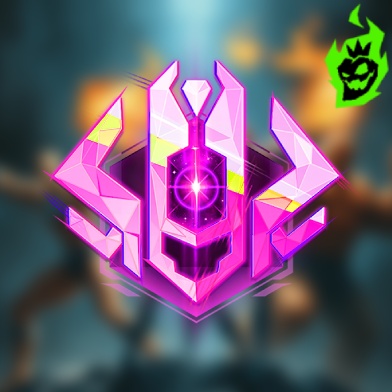
Celestial is the final step before the top 500 in Marvel Rivals. Players here have strong mechanical skills, map knowledge and can identify prime engagement timing instantly. In one of my Celestial matches I recall having an extremely high success rate on flank attempts, with some top players having an 80% win rate in 1v1 duels they forced.
| Celestial & Eternity Hallmarks | Details and Statistics |
|---|---|
| Near-zero margin for errors | Tiny mistakes lead to frequent punishes |
| Top 500 threshold | Players with consistent success reach Eternity |
| Highly strategic usage of Ultimates | Tracking each Hero’s ultimate is a standard expectation |
| Aggressive risk-taking | Big plays often define the outcome of entire ranked sessions |
Once I reached Eternity I realized it required flawless execution in every match. The top 500 punishes every small mistake in a rotation or missing an ability. One strategy that helped me was to analyze replays for small mechanical details—like the exact timing to chain a knockback with a stun or predicting an opponent’s ultimate cooldown. Eternity makes advanced knowledge second nature. Players at this level influence the entire Marvel Rivals meta especially when certain synergy combos are good.
Celestial and Eternity are to push every skill to the limit. The synergy of high mechanics, perfect positioning and fearless play is what sets the top players apart. My quick summary for mastering these tiers:
- Refine Your Playstyle: Practicing one aggressive or supportive playstyle builds expertise.
- Watch Top 500 Replays: Seeing patterns in the highest level matches helps you adapt faster.
- Analyze Entire Matches: Watching where teammates and opponents rotate gives you strategic insight.
Celestial and Eternity is for those who continue to grow, find new hero usage and remain calm under pressure.
